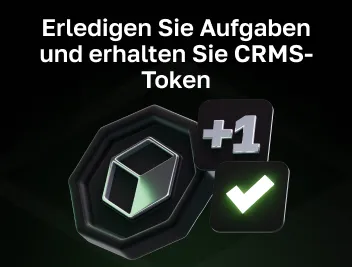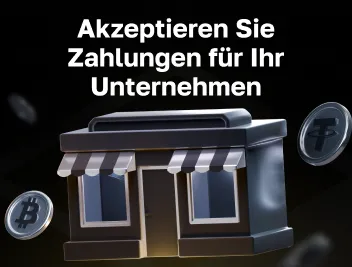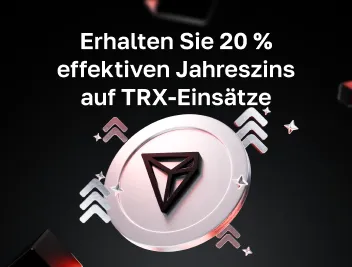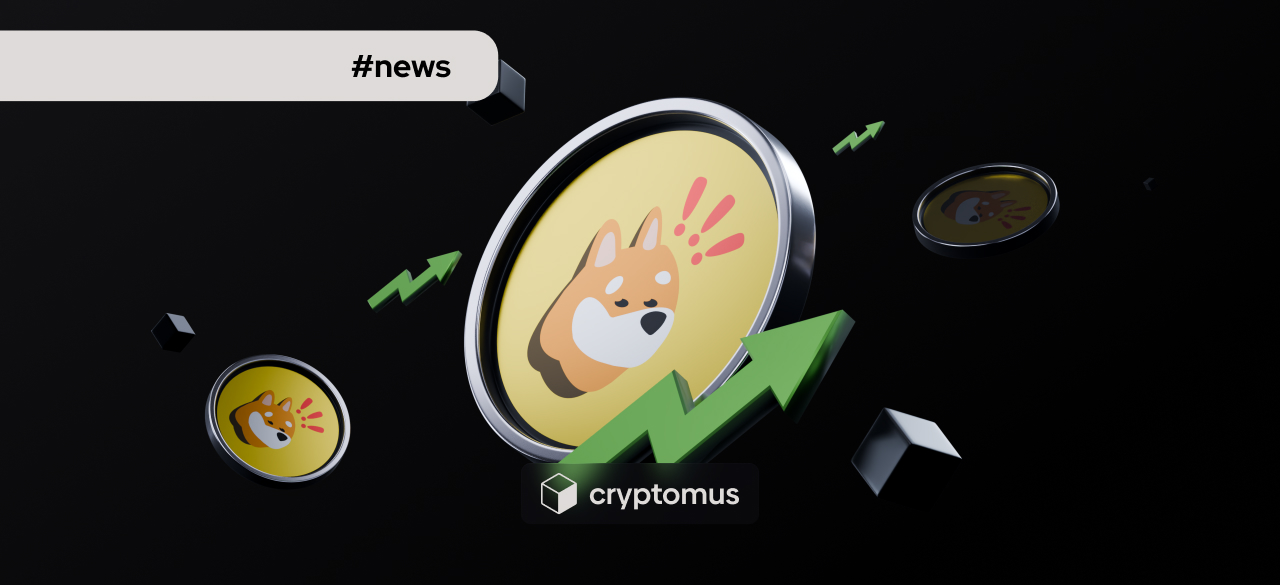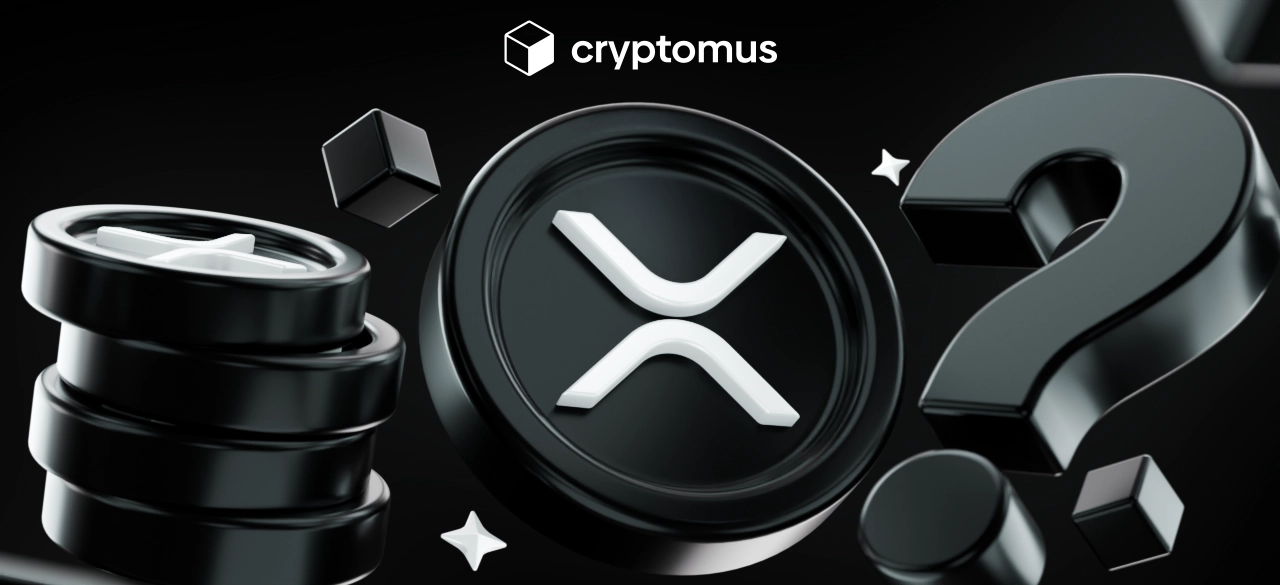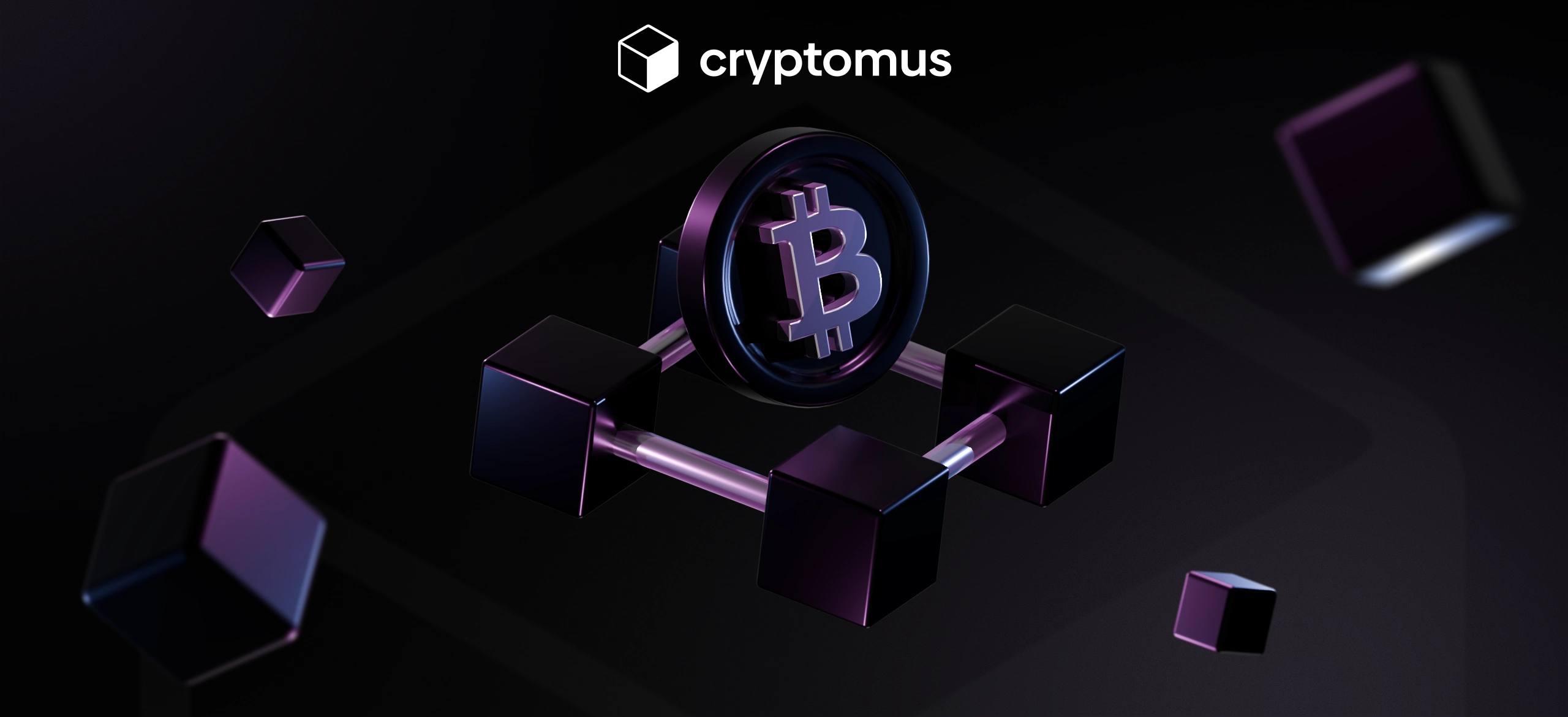
Ist Bitcoin dezentralisiert oder zentralisiert?
Inhaltsverzeichnis
Bitcoins dezentrale Struktur hat die Art und Weise, wie wir digitales Geld betrachten, revolutioniert. Doch mit der Zeit sind Bedenken über das tatsächliche Ausmaß seiner Dezentralisierung aufgekommen.
In diesem Leitfaden werden wir untersuchen, ob Bitcoin weiterhin unabhängig von zentraler Kontrolle bleibt, wie es die Dezentralisierung bewahrt und was diese Balance herausfordern könnte.
Was bedeutet Dezentralisierung?
Dezentralisierung bedeutet, dass die Kontrolle verteilt ist, ohne dass eine einzelne Autorität alle Macht besitzt. Dies fördert ausgewogenere Entscheidungen und schützt vor dem Einfluss einer übermächtigen Entität.
Im Finanzwesen soll Dezentralisierung mehr Transparenz, Resilienz und Inklusivität bieten. Ohne auf Banken oder Unternehmen angewiesen zu sein, ermöglicht sie es den Menschen, direkt miteinander zu interagieren. Hier sind die wichtigsten Merkmale der Dezentralisierung, um die Dinge zu verdeutlichen:
- Verteilte Kontrolle: Die Entscheidungsgewalt ist auf verschiedene Teilnehmer verteilt.
- Resilienz: Ohne einen einzelnen Kontrollpunkt ist das System weniger anfällig für Ausfälle.
- Transparenz: Die Aktivitäten im Netzwerk sind für alle Teilnehmer transparent und gewährleisten Vertrauen.
Ist Bitcoin dezentralisiert?
Kryptowährungen basieren auf Dezentralisierung, wodurch keine einzelne Entität das Netzwerk kontrollieren oder stören kann. Dies wird oft als ihr Hauptvorteil im Vergleich zu traditionellen Finanzsystemen betrachtet. Gilt das auch für alle Münzen, insbesondere Bitcoin?
Bitcoin ist dezentralisiert und wird weder von Regierungen noch von Zentralbanken kontrolliert. Das Maß an Dezentralisierung kann je nach Perspektive unterschiedlich bewertet werden, und das werden wir gleich näher erläutern.
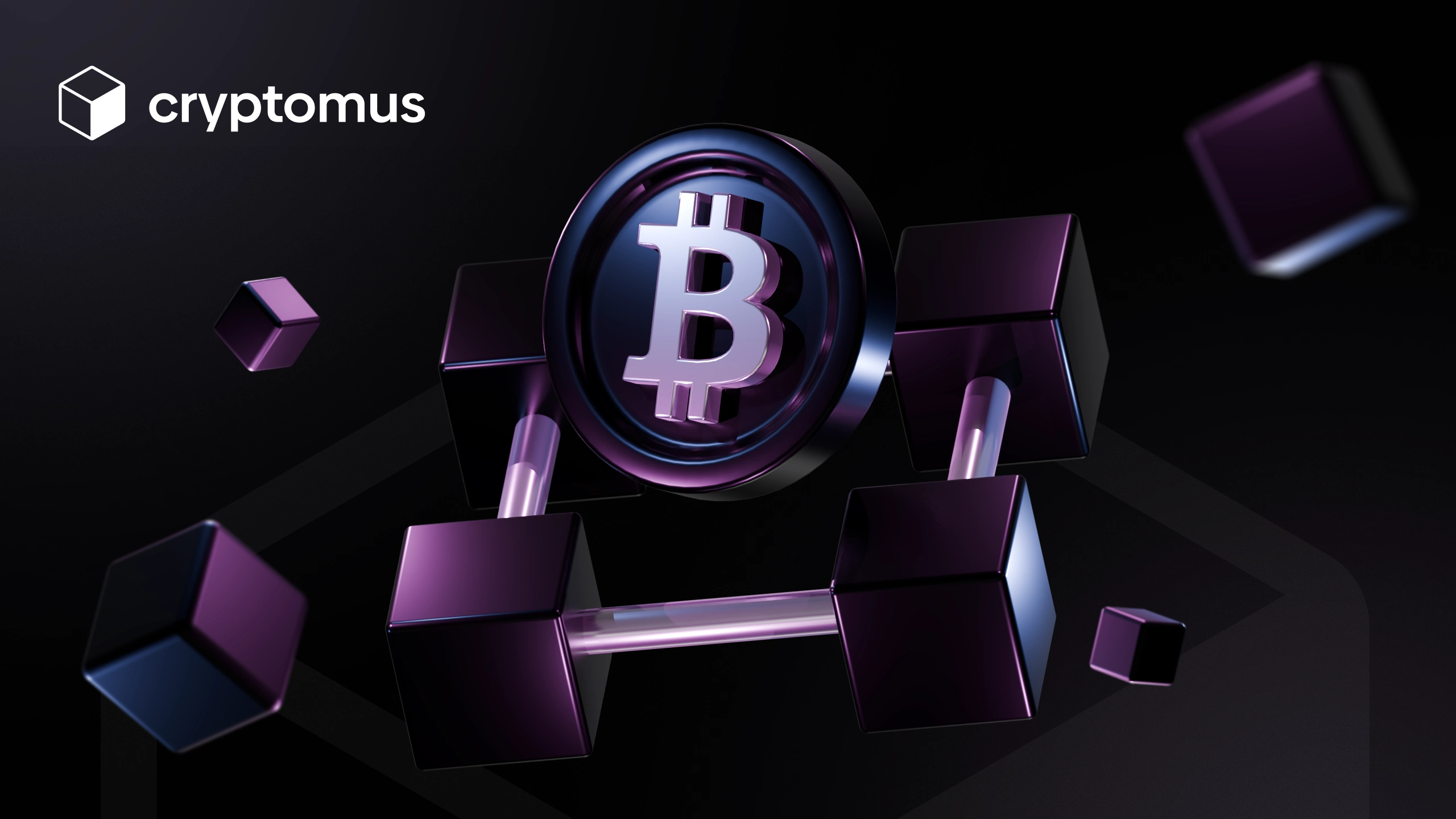
Bitcoin erreicht Dezentralisierung durch die Nutzung der Blockchain-Technologie, des Proof of Work-Konsenses und seines Open-Source-Frameworks. Mit Tausenden von Knoten, die weltweit verteilt sind, stellt die Blockchain sicher, dass keine einzelne Partei das System dominieren kann. Die dezentrale Natur von Bitcoin beruht auch auf seinem Peer-to-Peer-Netzwerk, in dem diese Knoten Transaktionen unabhängig verifizieren und die Blockchain ohne zentrale Aufsicht aufrechterhalten.
Der PoW-Mechanismus zwingt Miner dazu, schwierige Probleme zu lösen, um Transaktionen zu bestätigen, sodass keine Gruppe das Netzwerk kontrollieren kann. Es wäre möglich, aber zu teuer und schwierig. Zudem bedeutet Bitcoins Open-Source-Code, dass jeder beitreten kann, was die Kontrolle weiter verteilt.
Aber was sind die Hindernisse für Bitcoins Dezentralisierung? Einige davon sind:
- Mining-Zentralisierung: Mining erfordert viel Rechenleistung, weshalb sich große Mining-Pools gebildet haben. Ihre Kontrolle über die Hashrate könnte die Dezentralisierung gefährden.
- Zentralisierte Börsen: BTC wird häufig auf zentralisierten Börsen gehandelt, die dein Konto sperren oder gehackt werden können. Auf diese Weise gibst du einen Teil der Kontrolle über deine Mittel auf, um Bequemlichkeit zu genießen.
- Regulatorische Druck: Trotz der dezentralen Natur von Bitcoin könnten Regierungen versuchen, den Kryptomarkt stärker zu regulieren, indem sie strengere KYC- und AML-Richtlinien durchsetzen, was seine Einsatzmöglichkeiten verringern oder sogar Gefängnisstrafen für die Nutzung nach sich ziehen könnte.
Die grundlegende Struktur von Bitcoin wurde mit Dezentralisierung im Mittelpunkt geschaffen, und es bleibt trotz aller Hindernisse eines der dezentralisiertesten Assets überhaupt.
Hoffentlich war dieser Leitfaden nützlich. Schick deine Gedanken und Fragen unten!
Simplify Your Crypto Journey
Möchten Sie Kryptowährungen speichern, senden, akzeptieren, einsetzen oder handeln? Mit Cryptomus ist alles möglich – melden Sie sich an und verwalten Sie Ihre Kryptowährungsgelder mit unseren praktischen Tools.
Erste Schritte
